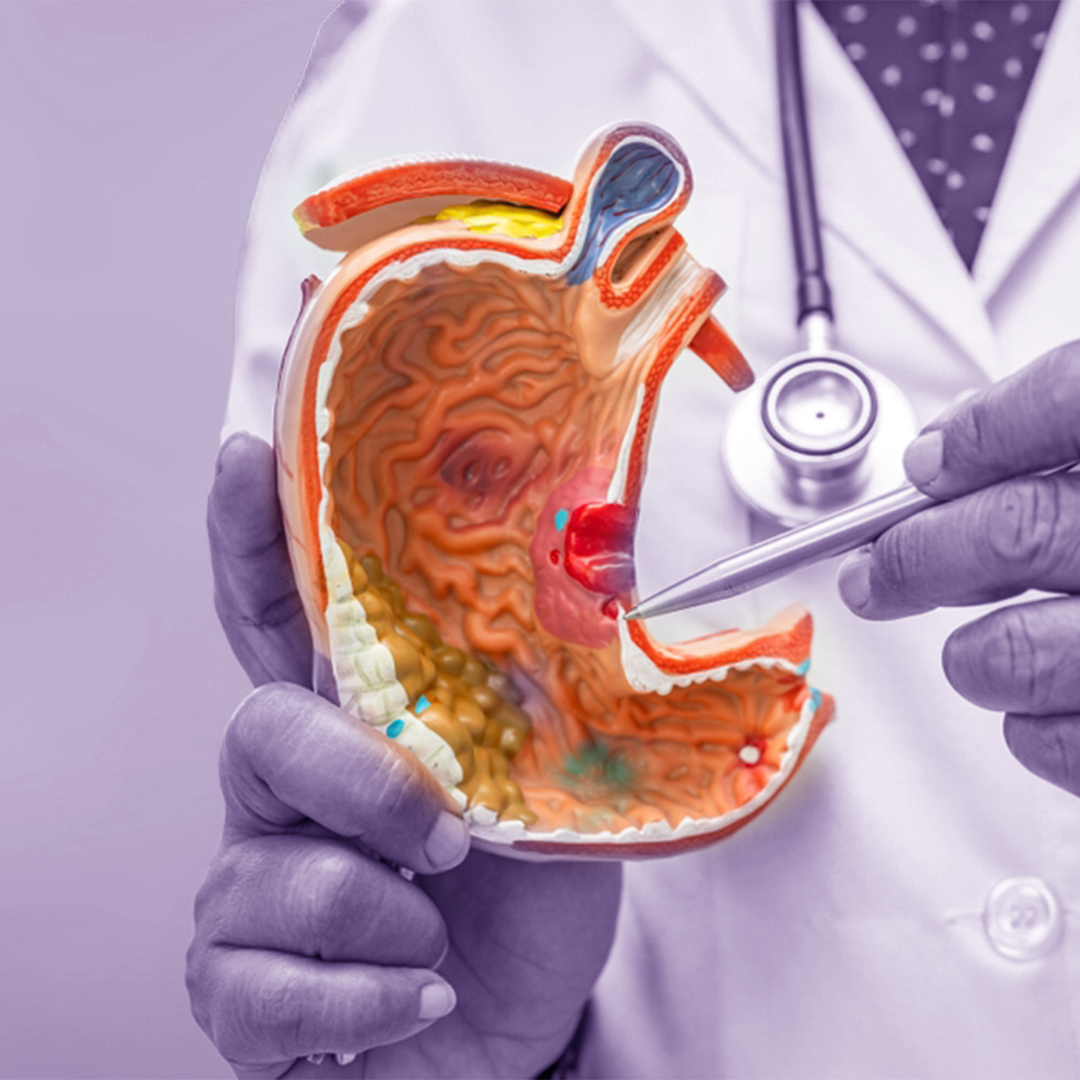Gastritis Causes, Symptoms, and Treatment
Gastritis Causes, Symptoms, and Treatment

What is Gastritis?
Gastritis is a condition that occurs when the lining of the stomach becomes inflamed. It is a common disorder that can result from various causes. Gastritis can be acute or chronic and lead to many uncomfortable symptoms such as pain, nausea, and bloating. It is part of a wide range of digestive health issues, including stomach ulcers, and includes erosive gastritis.
Types of Gastritis
Gastritis is classified into several types, each with different characteristics and causes. The main types include:
- Acute Gastritis: This type occurs suddenly and is usually caused by an infection or the use of certain medications, such as painkillers or alcohol.
- Chronic Gastritis: This type lasts for a long period and can cause permanent damage to the stomach lining, increasing the risk of ulcers.
- Erosive Gastritis: This type leads to the gradual erosion of the stomach lining due to acid secretions or medications.

Causes of Gastritis
The causes of gastritis vary depending on its type, but common causes include:
- Bacterial Infection (Helicobacter pylori): Infection with this bacteria is one of the primary causes of gastritis, leading to damage to the stomach lining.
- Medications: Some medications, such as nonsteroidal anti-inflammatory drugs (NSAIDs), can cause acute or chronic gastritis.
- Alcohol: Excessive alcohol consumption can irritate the stomach.
- Stress and Anxiety: High stress levels can increase stomach acid, leading to inflammation.
- Smoking: Smoking weakens the stomach’s ability to heal, promoting inflammation.
Symptoms of Gastritis
The symptoms of gastritis can vary depending on its severity. Common symptoms include:
- Stomach Pain: A burning sensation or pain in the upper part of the stomach.
- Nausea and Vomiting: Gastritis often causes nausea, and sometimes vomiting.
- Loss of Appetite: Some individuals experience a reduced appetite due to pain or nausea.
- Bloating: A feeling of fullness or bloating after eating.
- Black Stool: In some cases, black stool may indicate bleeding in the stomach due to severe irritation.
Complications of Gastritis
If left untreated, gastritis can lead to serious complications, including:
- Stomach Ulcers: Open sores that form in the stomach lining due to chronic inflammation.
- Gastrointestinal Bleeding: Gastritis can cause internal bleeding, leading to blood in the vomit or stool.
- Stomach Cancer: Over time, chronic gastritis can increase the risk of stomach cancer.
When to See a Doctor?
You should visit a doctor in the following cases:
- If the pain persists or worsens.
- If there is bleeding in the stomach, such as bloody vomit or black stool.
- If the symptoms do not improve after taking medication or making lifestyle changes.
- If you experience severe fatigue or unexplained weight loss.
Diagnosing Gastritis with Dr. Mohamed El-kady
To diagnose gastritis, the doctor may use several methods, such as:
- Physical Examination: The doctor examines the stomach and discusses symptoms.
- Gastroscopy: A thin tube with a camera is inserted into the stomach to examine its lining.
- Blood or Stool Tests: To detect infections or the presence of blood in the stomach.
- Breath Test: To identify Helicobacter pylori bacteria.
Treatment of Gastritis with Dr. Mohamed El-kady
The treatment of gastritis depends on the underlying cause. Treatment may include:
- Antibiotics: If the gastritis is caused by a bacterial infection.
- Antacids: To reduce stomach acid and alleviate symptoms.
- Proton Pump Inhibitors: To decrease acid secretion and speed up healing.
- Pain Relievers: To reduce pain and irritation.
- Avoiding Irritants: Such as alcohol, smoking, and spicy foods.
Prevention Tips from Dr. Mohamed El-kady
To reduce the risk of developing gastritis, follow these tips:
- Avoid excessive alcohol consumption.
- Avoid spicy and fried foods that may irritate the stomach.
- Quit smoking.
- Use medications cautiously, especially NSAIDs.
- Eat regularly and maintain a healthy diet.
- Reduce stress and anxiety.
What is the Difference Between Gastritis and Stomach Ulcers?
Gastritis is an inflammation of the stomach lining, while a stomach ulcer is an open sore that forms in the stomach lining or small intestine. A stomach ulcer is considered a potential complication of gastritis if left untreated.
Does Gastritis Make You Hungry?
Gastritis can affect appetite. Some people experience loss of appetite due to pain or nausea, while others may feel hunger due to increased acid production in the stomach.
Conclusion
Gastritis is a common health condition that ranges in severity from mild inflammation to erosion of the stomach wall, which can lead to serious complications if left untreated. Through early diagnosis and appropriate treatment, gastritis can be managed, and its impact minimized.
Also Read: Causes of esophagitis
